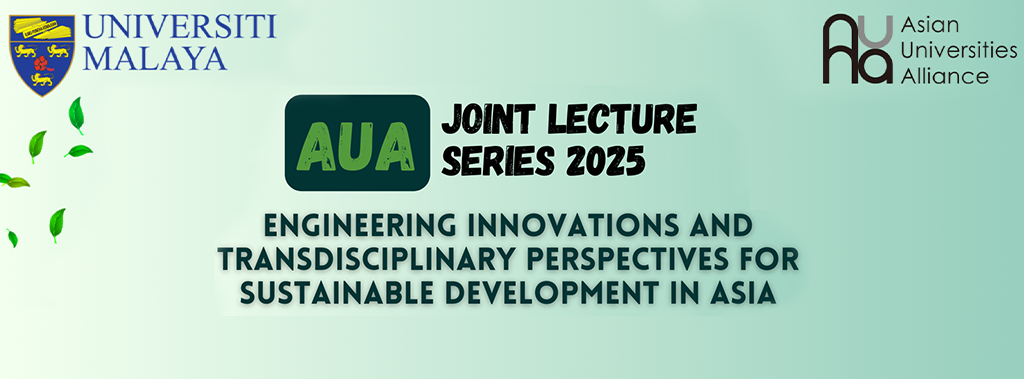Topic:
Smart Waterflooding: Fuel Energy from Zero Discharge Concept
Speaker:
Assistant Professor Falan Srisuriyachai, Department of Mining and Petroleum Engineering, Chulalongkorn University
Date: 3 November 2022 (Thursday)
Time: 18:00-19:30 (UTC+8)
Summary:
Prof. Falan Srisuriyachai started the lecture entitled “Smart Waterflooding: Fuel Energy from Zero Discharge Concept” with a brief introduction to petroleum. Petroleum is a natural complex mixture with the advantage of containing higher energy compared to other fuels. Moreover, it is easy to transfer and does not leave residues when it is combusted. The production of petroleum undergoes a series of processes, including locating the existence of petroleum, drilling wells, and facilitating them to the surface. Prof. Falan stated that although it sounds not quite environmentally friendly so far, this energy is the highest energy and the companies tried their best to achieve the sustainable development goal. For example, managing wastewater from oil production through vaporization and residual removal, water treatments, and water re-injection.
Later, Prof. Falan introduced two types of waterflooding methods. For the conventional waterflooding method, water is injected to maintain reservoir pressure to prolong the production period. Smart waterflooding (also known as Low Salinity Waterflooding) is performed by injecting water with smaller salinity. With this technique, as Prof. Falan stated, we can even elaborate more oil.
In addition, Prof. Falan furthered his discussion by introducing recent studies and the future of this field. Based on the study of clays and ions, researchers use the obtained data from the lab to go through the reservoir simulation process to know the result on a larger scale with the help of mathematic modeling. It is also necessary to do a pilot test to minimize or eliminate potential problems and concerns before the initial implementation.
In conclusion, Prof. Falan emphasized that smart waterflooding is an important technique that helps petroleum production to fit the zero discharge concept. He also claimed that the concept of zero discharge should be applied to all petroleum products as well as other energy resources during the transition toward alternative energy sources.
(The summary is written by student assistant Lee Tzi Yuan.)
*The views and opinions expressed in this lecture series are those of the guest lecturers. They do not purport to reflect the opinions or views of the AUA or its members or its Secretariat.

